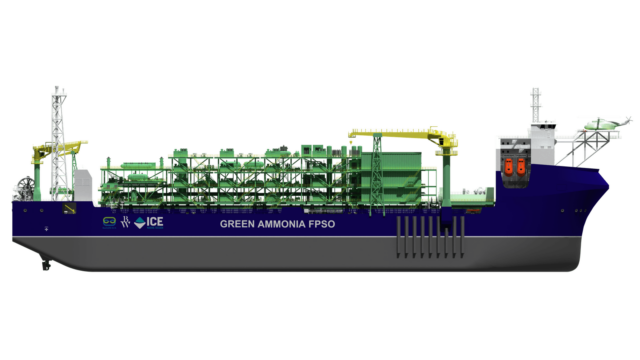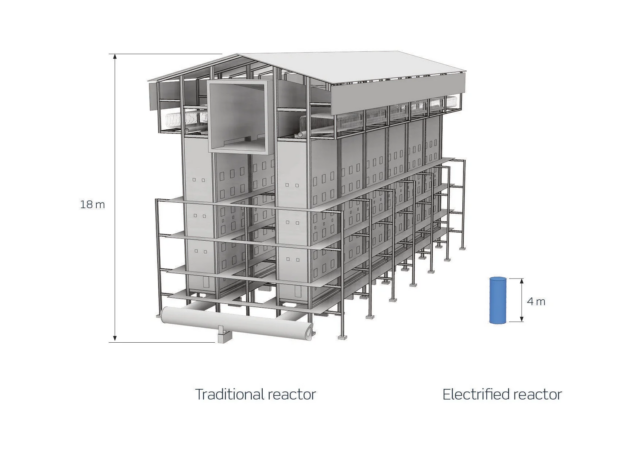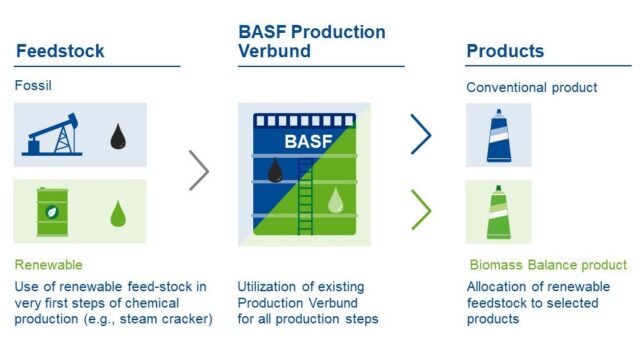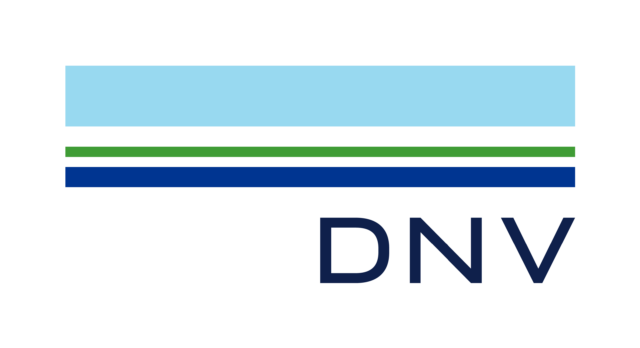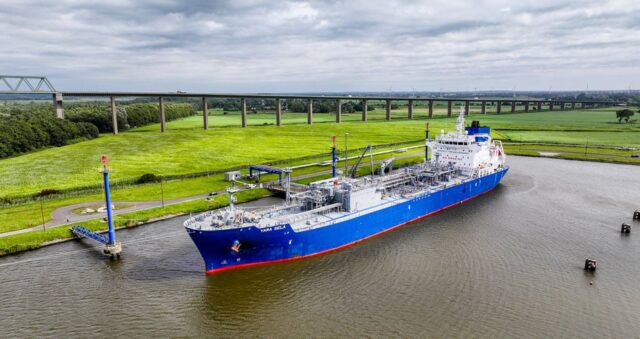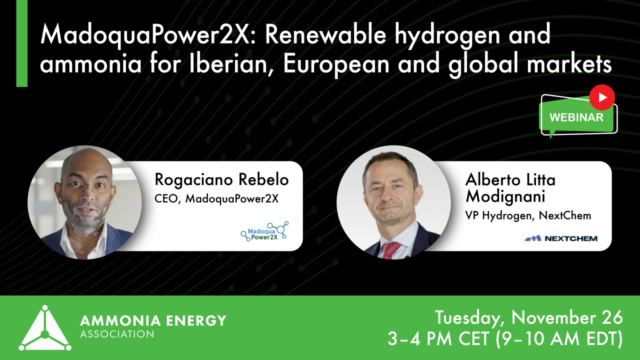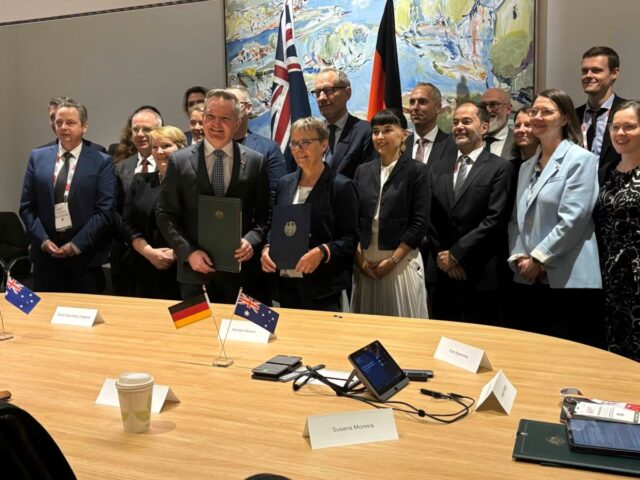Yara expands capacity for low-emission imports into Europe
Yara is expanding its capabilities for import of low-emission ammonia across Europe, with new infrastructure and a series of offtake agreements already announced in 2024. Hear more from Yara Clean Ammonia CEO Hans Olav Raen at our upcoming annual conference.

